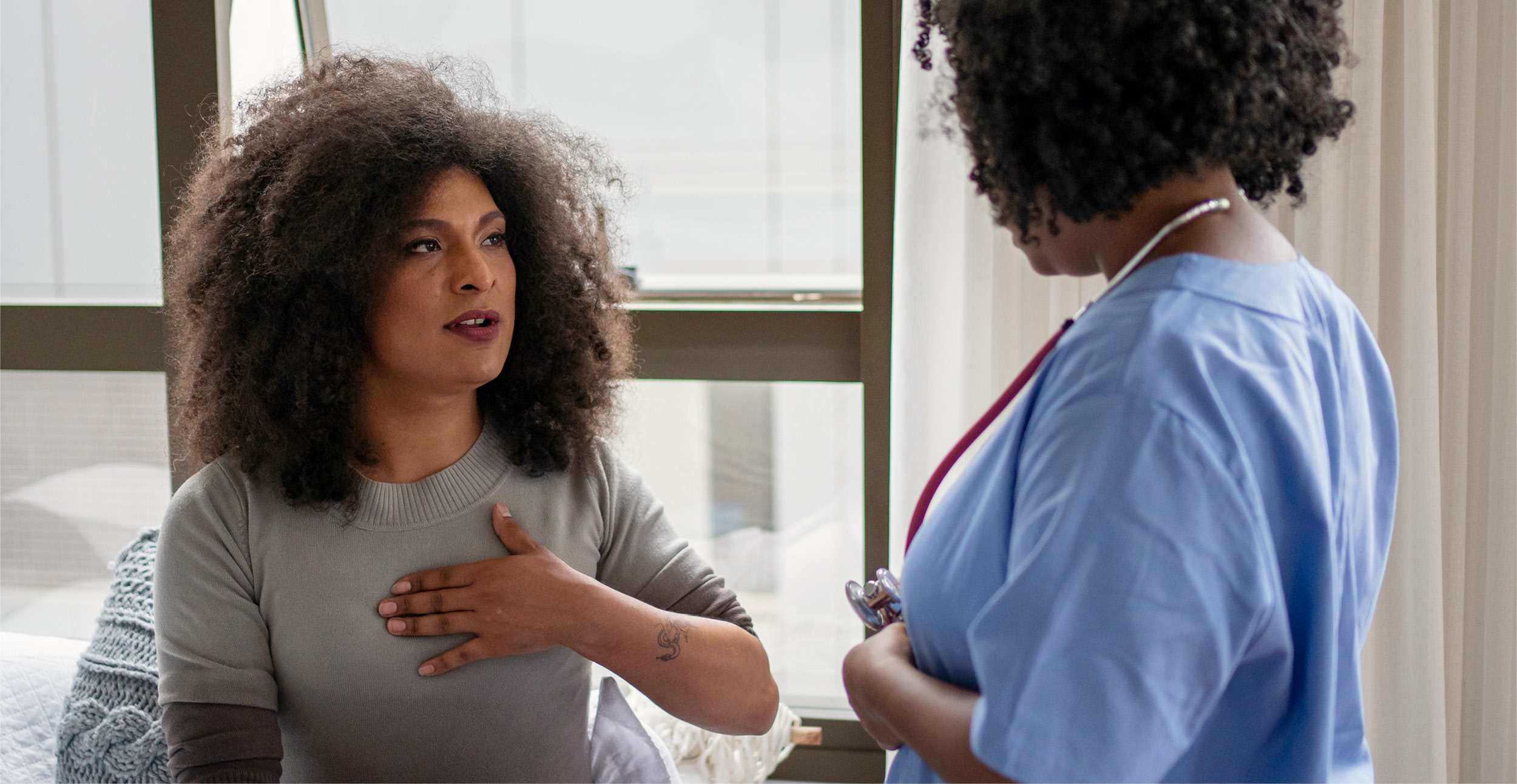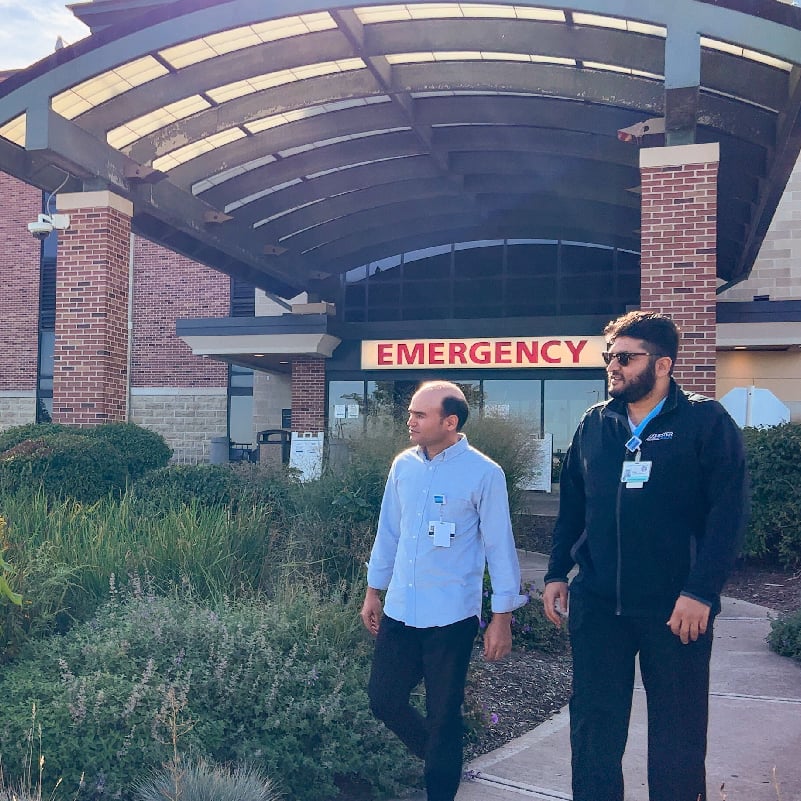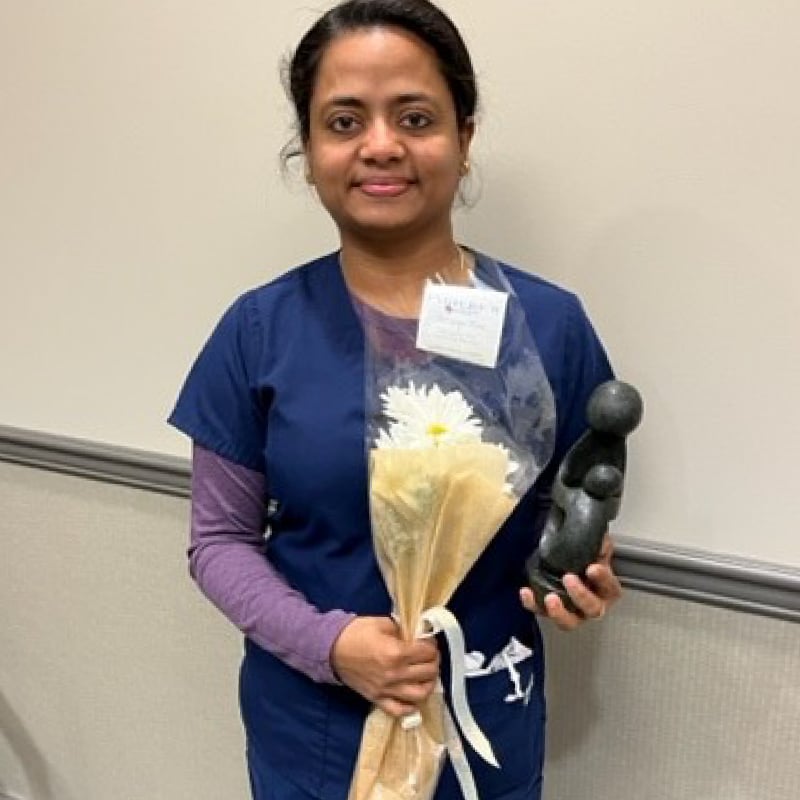When people think of looking for health care, one of the terms that might come to mind is ‘doctor’s office.’
Increasingly, however, more patients are being treated not just by doctors, but by advanced practice providers (APP). An APP carries out many of similar tasks and responsibilities as a doctor, with a few important distinctions. There are several types of APPs, including physician assistants, nurse practitioners, certified nurse specialists, certified nurse midwives, and certified registered nurse anesthetists.
APPs work in a variety of clinical settings, providing healthcare primary care services and specialty care services as well as emergency medicine and inpatient hospitals. Some states allow different things compared to others.
As a way to highlight these providers during APP Week, we want to explain each role, the challenges they take on, and how they help patients in unique ways.
Physician Assistant (PA)
Physician Assistants (PAs) are educated at a master’s degree level, and emphasize patient education, preventative care, and chronic care management – both in education and practice.
Since PAs are trained as generalists, they are able to provide a wide spectrum of patient care and treat the whole patient. PAs are committed to team practice with physicians and other healthcare providers. Currently, most state laws require PAs to have an agreement with a supervising physician in order to practice. They have authority in all U.S. states to prescribe medications.
PAs treat patients across a wide spectrum of settings, including hospitals, medical offices, community health centers, federal government agencies and more.
“Physician assistants make it easier for patients to get the care they need when they need it,” said Katharina Indivero, PA-C.
Nurse Practitioner (NP)
Building on their previous experience as Registered Nurses (RNs), Nurse Practitioners (NPs) are licensed RNs with a 4-year undergraduate education who choose to further their education at the master’s and doctoral level. All NPs require board certification to work at health systems such as Rochester Regional Health.
NPs are trained in patient-centered care and focus on care coordination and sensitivity to the impact on health of social and cultural factors, as well as health promotion, education and counseling, and disease prevention. They can diagnose and treat illness, perform physical examination, prescribe medications, order and interpret diagnostic testing, provide health education and counseling, and perform various procedures. In New York, an NP can prescribe medication on their own authority.
With more than 20,000 NPs working in New York alone, these health professionals can be found in a variety of healthcare settings. The majority of NPs are certified in primary care and serve as primary care providers, working both independently and in collaboration with other providers as needed.
Clinical Nurse Specialists (CNS)
The Clinical Nurse Specialist (CNS) work as an Advanced Practice Nurse with a master’s or doctoral degree in nursing with specialty advanced certification, and performs as an independent and interdependent member of the healthcare team in managing the care of patients.
Each CNS practices within a defined patient population to meet the needs of the individuals, according to areas of expertise to promote health and improve quality of life. CNSs collaborate with teams on differential diagnoses, through assessing, planning, and intervening with recommendations for pharmacologic and non-pharmacologic treatment with a focus on at-risk patients.
CNSs are nursing leaders responsible for providing advanced clinical expertise to produce innovative quality outcomes, drive translation of evidence-based practice and demonstrate cost-effective care.
Certified Nurse Midwives (CNM)
Similar to NPs, Certified Nurse Midwives (CNMs) complete nursing school as licensed RNs. After completing their training, they undergo 2 additional years of education & training to earn their midwifery certification. Midwives will often obtain a master’s or doctoral-level education and are required to take a national certification exam and be licensed by the state in which they practice.
CNMs assist patients through pregnancy and childbirth, and also care for patients from adolescence through menopause. This includes annual gynecological exams, pap smears, breast exams, family planning, LGBTQ+ care, evaluation and treatment of pelvic health issues and much more.
According to the American College of Nurse Midwives, CNMs treat patients in home, community, hospital, clinic, and health unit settings. These APPs are skilled at being independent providers and working together with doctors and other healthcare providers to support each patient as a team.
Certified Registered Nurse Anesthetists (CRNA)
Before, during, and after surgeries and other medical procedures, Certified Registered Nurse Anesthetists (CRNAs) provide individualized, safe care to patients. More than 59,000 CRNAs – licensed and students – work in hospital, surgical, and outpatient settings across the United States.
All CRNAs are required to have a RN degree, must be licensed as an RN or APRN in the state where they practice, and pass the National Certification Exam. CRNAs will have a master’s or doctoral-level education in anesthesia.
While NPs and PAs can prescribe medications, CRNAs work under the supervision of a doctor, which means requesting authorization before prescribing any medications.
As more physicians retire in the next decade, more APPs are stepping in to fill any gaps in care. A recent study found private equity-acquired physician practices were more likely to hire APPs as opposed to physicians. These providers are an integral part of providing the best possible health care to patients at every level.
“Each of the 1,000+ APPs working at Rochester Regional Health provide evidence-based health care,” said Selma Mujezinovic, DNP, FNP-BC, Vice President and Chief Administrative Officer of Advanced Practice Providers with Rochester Regional Health. “Our highly-trained advanced practice providers work in true partnership with our physician partners providing access to care, consultations, primary care, urgent and emergent care.”






